Supplying more than a third of the world’s coffee production each year, developments in Brazil have the potential to affect coffee markets worldwide. And due to its sheer size as a coffee producing powerhouse, the country has earned - rightly or wrongly - a reputation for quantity over quality. But the reality on the ground is a different picture as producers respond to market pressures by setting their sights on specialty, rather than a race to the bottom.
*.jpg?width=540&name=Fazenda%20Guariroba%20-%2008%20(1)*.jpg)
Henrique Dias Cambraia, the current generation of a century-old family tradition and Head of Fazenda Samambaia is one of the early pioneers of specialty coffee in Brazil. In 1999, he established San Coffee with a focus on scaling up quality to add value for members of Santo Antônio Estates by expanding and upgrading its production and processing facilities.
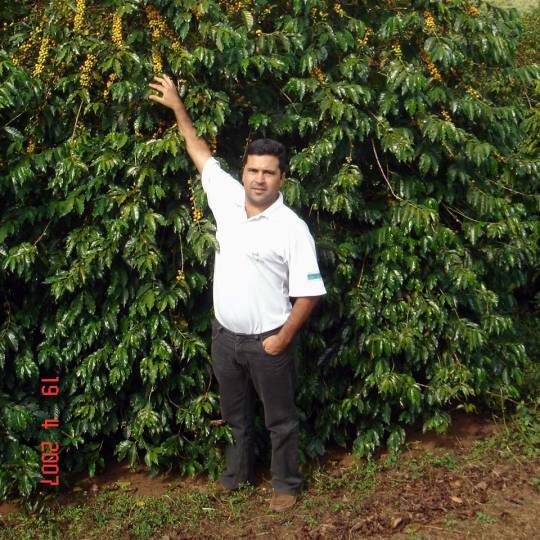
Today, San Coffee represents twenty co-operative members who collectively produce more than 200,000 bags of coffee each year. Utilising these economies of scale, San Coffee now has a state-of-the-art milling and warehouse facility in the heart of the coffee producing region of Minas Gerais. Many of its members have earned a reputation for achieving national and international recognition in the Cup of Excellence competitions amongst other categories.
General Manager of San Coffee, Fabrício Andrade, says that as the global market reaches an inflection point where demand begins to outstrip supply, a focus on sustainability will help to drive future trends in the coffee industry: “Although knowledge is our biggest asset it is widely spread and easily accessible. Using advances in science and technology to become more sustainable will play the most important role in the shift from the third to a fourth wave movement in coffee”, he predicts.
In response to the challenges of a changing climate, tighter operating margins and rising expectations around quality each year, San Coffee have now shifted their strategic direction to working towards achieving greater sustainability in their business and production practices.
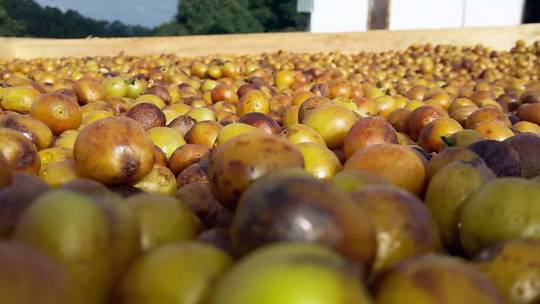
“Improved farming techniques, research into varietals, processing methods, logistics and more effective and efficient management systems; our principle is to keep ourselves in a state of progress so that we can continue to reduce costs and provide a great service,” he adds. “We believe that good business relies on sustainability and transparency. That’s why we need to look at how the value is distributed along the supply chain. If we are able to convince the consumer to purchase a coffee at a higher value, then we need to offer the consumer a coffee that is higher quality through good farming, harvest and post harvest techniques - while traceability individualizes the coffee lot that gives recognition to the producer”.
Fabrício goes on to highlight another challenge in specialty markets: “Certification is a good thing but consumers want to go beyond that. Even if you want to trade directly there is too much paperwork and many roasters don’t have the time to handle the logistics. That is why our partnership with algrano is a perfect fit as transparent trade will be the backbone of a sustainable value chain of the future”.
Although it may be uncomfortable for many intermediaries along the supply chain, Fabrício insists that opening this ‘black box’ on special interests in the coffee trade is necessary for this change to happen. “Everybody is talking about it,” he says, “we can’t escape the downward pressure that the big coffee companies are pushing on growers to improve yields, but we are reaching the biological and physical limits. Change is happening so fast, and we need to adapt if we are to continue to add value to our growers.”
One way that San Coffee is doing this is through their Beyond Borders project that aims to offer the same model it offers its members to other like-minded growers in neighbouring regions. The initiative provides training to help support producers with the practical knowledge to improve quality and productivity, while providing a service during and post-harvest. This can range from the milling, drying, and quality control, to other crucial aspects of the supply chain such as documentation, warehousing, container loading and providing finance to producers.
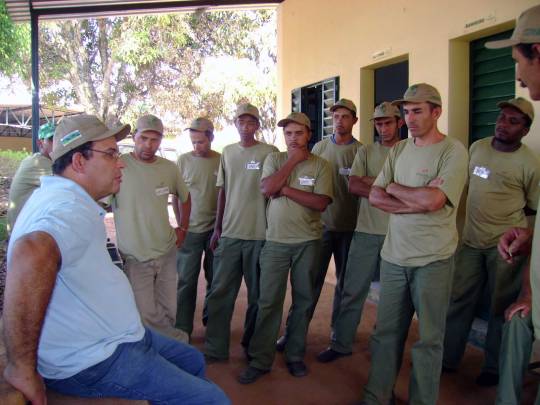
João Marcos, a producer from the Small Growers Association (AFASA) in Santo Antonio do Amparo, who participated in this project, says: “The new opportunities provided through this business platform allow for a direct transfer of added value to the producer. This has real impact on our capacity to reinvest in the farm and therefore stay in coffee growing for the long-term”.
Fabrício concludes by adding that algrano is the first service provider to open the ‘black box’ for buyers: “We approach, motivate and empower growers to produce quality consistently as a single origin, helping to tell their stories to specialty buyers through platforms like algrano. Through a mindful connection and different approach to business through transparent relationships, we can help to open the black box for them. That’s how we convince the consumer why transparent trade helps to distribute value more evenly throughout the supply chain - and ensure this extra value reaches the growers”.

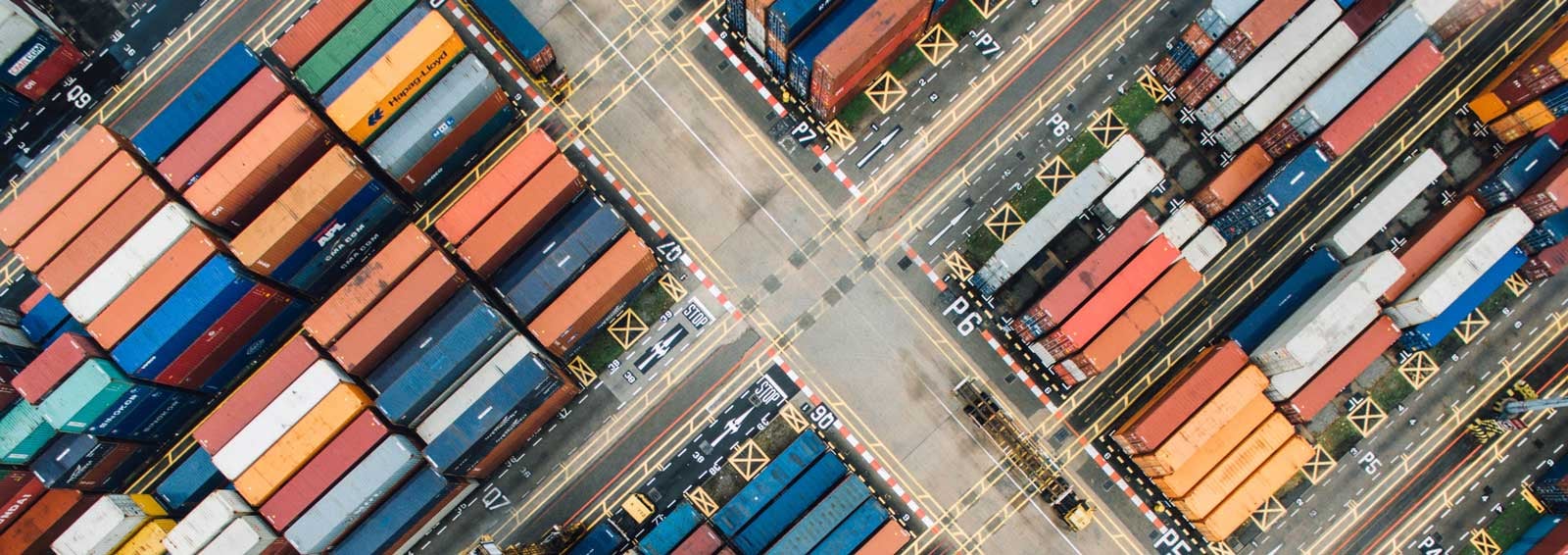
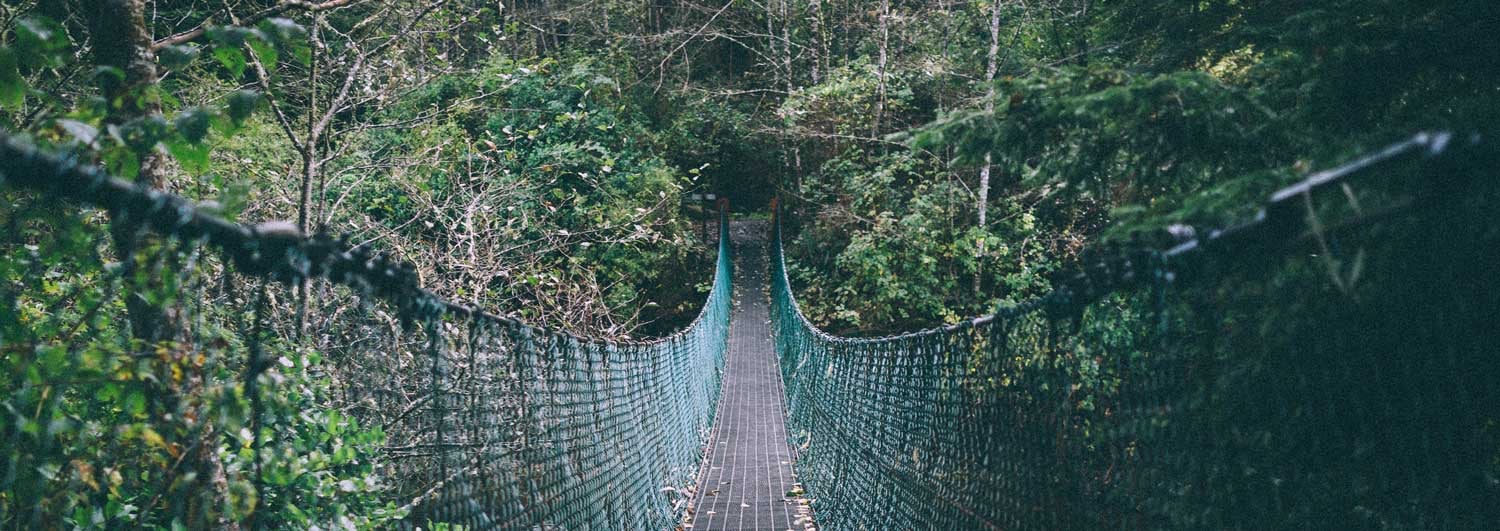
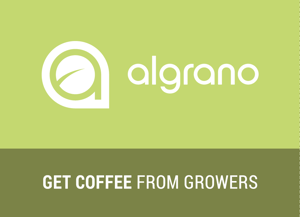
Let Us Know What You Thought about this Post.
Put your Comment Below.